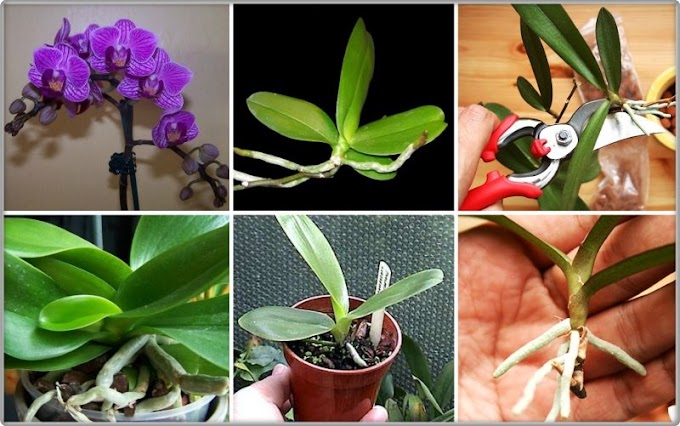Common name: Lithops, living stones
Family: Aizoaceae
Subfamily: Ruschioideae
Tribe: Ruschieae
Genus: Lithops
 |
| source photo: llifle.com |
Description:
Lithops dorotheae, also called Dorothea's living stone, Lithops eksteeniae, is a species of flowering plants in the genus Lithops. up to 1.2 inches (3 cm) in diameter and translucent, grey-green windows with red dots and lines. The flowers are yellow in color and up to 1.3 inches (3 cm) in diameter.
Lithops dorotheae is found in South Africa. It grows on fine-grained sheared quartz and feldspar rock containing feldspathic quartzite. The type locality of this species is near Pofadder, Bushmanland, C.P. It is probably closely related to L. dinteri. They appear to be completely interfertile.
Hardiness:
USDA hardiness zone 10a to 11b: from 30 °F (−1.1 °C) to 50 °F (+10 °C).
How To Grow and Care
Lithops can be successfully grown from seed. However it can take up to three years for the plant to reach full maturity and start flowering. For those of you who don’t want to wait this long, adult living stone plants are readily available.
Harvesting Lithops Seeds
If you want to start your living stone plant collection from seed, seeds are easily purchased or you can harvest your own.
To harvest the seed you will first need to pollinate the flowers. Living stone plants don’t self-fertilize so you will have to do this for them. This is easily done even if you don’t have a specialised plant pollinator.
With a small paintbrush, makeup brush or Q-Tip brush the flower, gathering pollen. You can then brush this pollen onto another living stone flower, pollinating the plant. Pollinating more than one flower increases your chances of producing some successful seeds. .
When the flowers die they will leave behind seed pods. Remove the pods and carefully open them to access the seeds... - Learn more at TIPS: HOW TO GROW AND CARE Lithops
Origin:
Lithops dorotheae is native to South Africa (Northern Cape).
Links
Back to genus: Lithops
SUCCULENT PLANTS : Browse succulents by Scientific Name, Common Name, Genus, Family, USDA Hardiness Zone, Origin, or cacti by Genus



